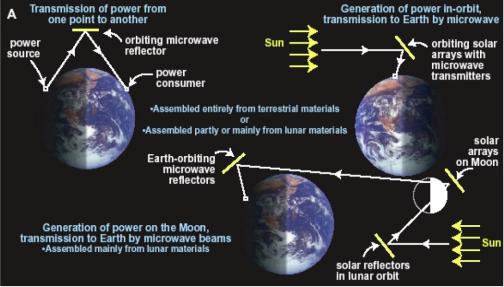Mon 29 Oct 2007
You Tube blocked in China!
Posted by + mOdOk + under Currents , Great Firewall of China , Life in Beijing , Politika1 Comment

I’m surprised, yet not surprised that I missed this. Since October 18th, YouTube has been banned in China, joining the list of other staple sites enjoyed throughout the Western world that have been found to influence Chinese citizens in a manner deemed contrary to “supporting a harmonious society”.
Actually, I rarely use YouTube anymore, partially because I simply haven’t had the time nor inclination, but also because since it was bought up by Google, much of the content I was interested in has vanished. Of course, much of the content that I’m interested in is probably the kind of stuff most governments in the world would rather not have too many people see, but at least in the US, fringe-level conspiracy stuff (however factually-based it may be) is no threat due to the perceived lack of credibility of the sources, especially compared with the clout enjoyed by the media giants, who of course have all of our best interests in their hearts, as is easily discerned from their fair and un-biased coverage of the truly important things that matter. The governing forces (if not the government) are mostly content to let the “market” decide on whom to believe - pretty easy to manage when most of the media is controlled by the very same crooks/banking interests who took overt control of the government when they established the illegal Federal Reserve Bank.
So, it will be disappointing that I can’t use the YouTube servers to store my family videos anymore, but, alas, I’ll survive.












